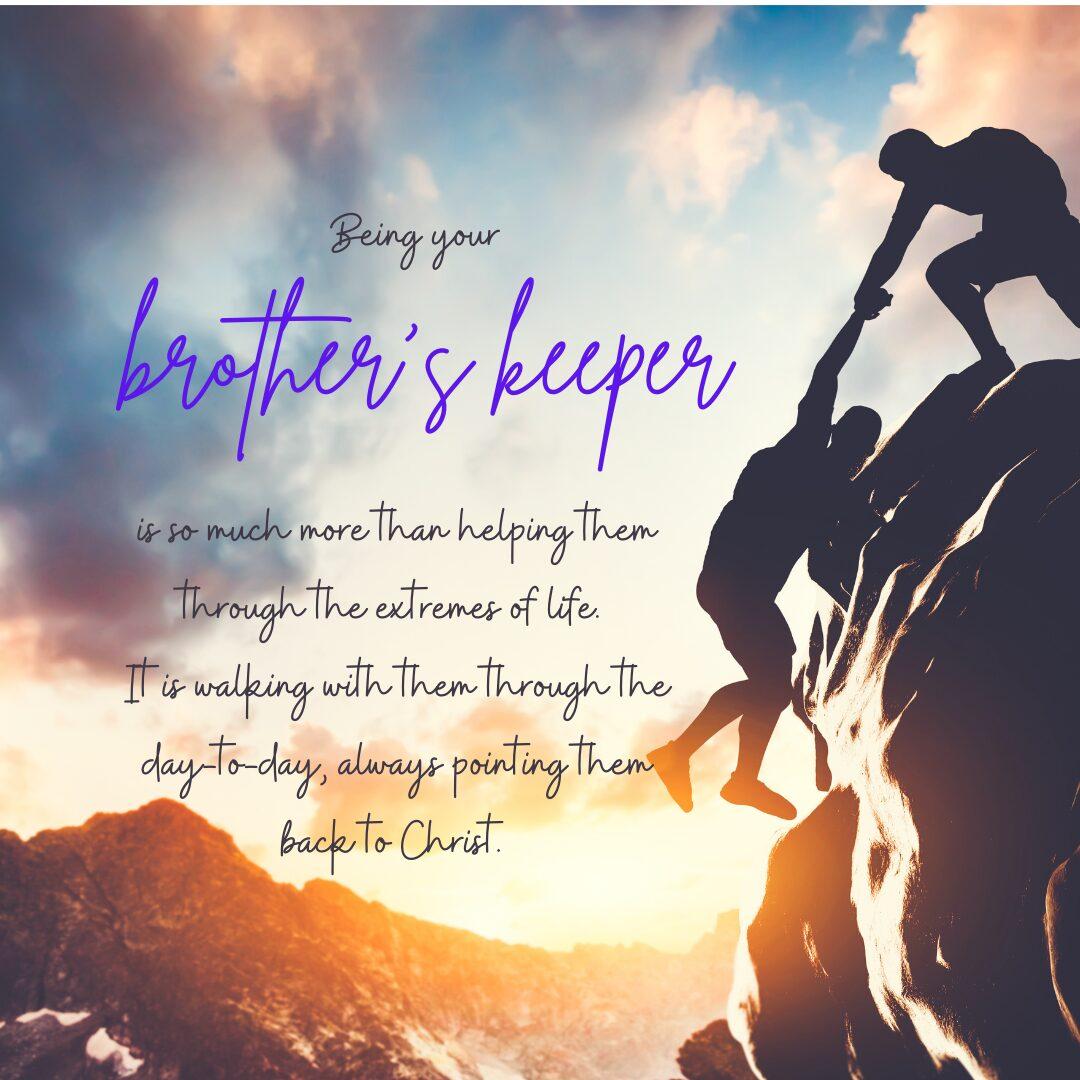IT’S not easy to become a priest. Although I know this first-hand, it became clearer to me this week while listening to seminarians share their struggles of priestly formation.
One seminarian spoke about his continuous experience of being “broken” in his calling. Coming from a poor immigrant family, he worked hard to finish college to earn a degree in business. Then he pursued his dream of having his own business until he succeeded. He was able to buy a house for his family and to help his brothers and sisters also finish college. He had all the money, the luxuries, and the girlfriend he wanted, but deep inside he was still not happy. He felt that something else was missing in his life.
Then the call of God to be a priest came. As much as he tried to resist it, it became stronger and stronger everyday, much like the call of Jeremiah to be a prophet in this Sunday’s reading. It was like a “fire burning” in his heart and “imprisoned” in his bones, and he grew “weary holding it in” and he could not endure it anymore. So, he gave up his successful career and his pursuit for more wealth to become a priest.
Now it has been four years since he entered the seminary. He’s still going through priestly formation. In three years, God willing, he will be ordained a priest.
But it has not been an easy formation for him. He keeps talking about being broken and transformed. He has to continue undergoing the rigorous training to become a holy, healthy, and effective priest. He thought that he could do it easily like how he did it in business. But priesthood was a different path and ball game. He must have courage and humility to face and to deal with the different shadows and aspects of his personhood that need healing and transformation. All that he could do is to trust the Lord every single day of his seminary life.
Again, his life is like that of Jeremiah, the prophet. Jeremiah did not realize what he was getting into when he accepted his prophetic call. He experienced mockery and violence because of the message he had to proclaim. He was caught between the people who persecuted him for that message and the Lord who would not allow him to withhold that message. In spite of his complain of being duped or deceived he trusted the Lord that would champion his cause against those who persecuted him.
Jesus’ call to his disciples was the same. He never hid the fact that it was a difficult road to follow. He told them the hard truth that if they wish to come after him, they must deny their selves, take up their crosses, and begin to follow his footsteps.
Every Christian, no matter what path he or she takes must follow this road less traveled, the road of discipleship. Every Christian has a cross to carry, which may be different from others. Every Christian gets into an experience of being broken, duped, and crucified. But like every seminarian who must die to his self and trust the Lord in this process of sanctification, every Christian must look beyond the cross and death. Every Christian must die to his old self so that he or she becomes born again, transformed, and always willing to do what is good, pleasing and perfect according to the plan of God.
* * *
Reverend Rodel G. Balagtas attended St. Johns Seminary in Camarillo, Calif. and earned his Doctor of Ministry in Preaching from Aquinas Institute of Theology in St. Louis, Missouri. For 20 years, he has been in the parish ministry of large multi-cultural communities. From 2002 to 2014, he has been the pastor of Immaculate Heart of Mary Church in Los Angeles. He will begin teaching at St. John’s Seminary this July. Please email Fr. Rodel at [email protected].


